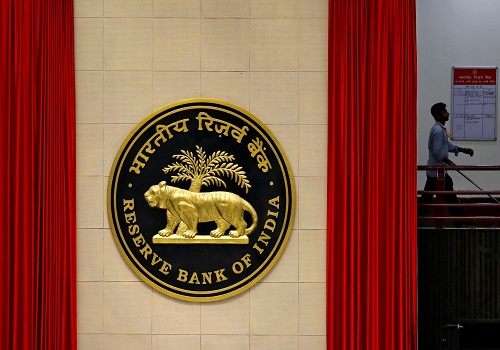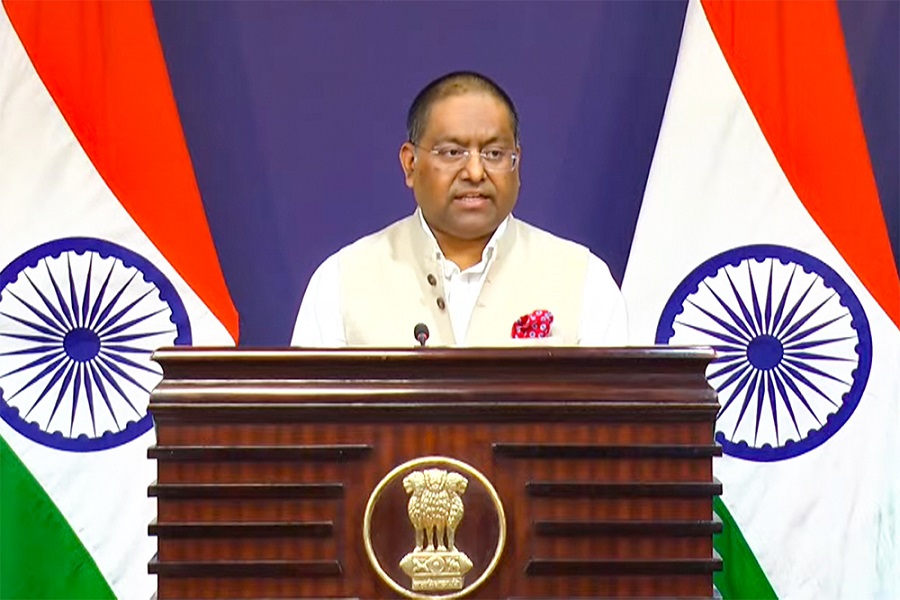SEBI Committee approves the creation of Social Stock Exchange in India

The Securities and Exchange Board of India approved the creation of the ‘Social Stock Exchange’ which is seen as a game changer in the social impact segment. This is particularly relevant in a vast country like India with wide socioeconomic differences across segments. This Exchange will aim to provide a more organized and structured approach for the functioning of non profit organizations and further help unlock funding for social impact in the country. SEBI’s credibility and endorsement promises to help reduce the trust deficit that social organizations face in India. SEBI has specified that SSE will allow both, nonprofit and for-profit social organizations to list on the Exchange.
Social Stock Exchanges (SSEs) have emerged in recent times in many countries to address some of the challenges between the social sector and private capital. SSEs are regulated platforms that bring together social organisations, donors, and investors to facilitate funding and aid in the growth of organisations with a social purpose.
Samhita's study on Social Stock Exchanges from seven countries
Over the last two decades, Social Stock Exchanges (SSEs) have evolved as a potential funding mechanism for non-profit organisations and for-profit social enterprises. The report reviews seven SSEs in countries including Brazil, Portugal, South Africa, Jamaica, UK, Singapore and Canada. Based on these findings, the report analyses the SSE recommendations proposed by India’s SSE Working Group and provides some additional suggestions.
The SSEs instituted to date have functioned across the spectrum of impact funding, from simple grants to innovative finance to impact investment. As India, the world’s largest democracy, gears up to construct an SSE customized to the needs of the Indian organisational ecosystem, a comprehensive analysis of the experiences, structures, and learnings from SSEs across the world can aid civil society, policymakers and the private sector in their endeavour to create a more enabling environment for social organisations.
SSEs across the world have been established to direct resources and capital towards social organisations. However, their structure and design have differed depending on the maturity level of financial and philanthropic ecosystems, the participation of the corporate sector in social and environmental development, and the government’s role in regulating the social sector.
Highlights of the study -
* Domestic regulations and taxation laws play a key role in influencing SSE structure
* Most SSEs include both for-profit and non-profit organisations
* SSEs focus on certain visible thematic areas
* While SSEs allowed different types of donors/investors, institutional investors are more common
* SSEs have strong measuring and reporting metrics but do not always capture impact
* SSEs face challenges of sustainability and scale
* SSEs have the potential to play a role in building the social sector
According to Samhita’s report, SSE holds the potential of becoming an agent of change for civil society. It can theoretically unlock new capital, promote equity, introduce new instruments for donors to fund operations, streamline regulations and create an ecosystem of enabling frameworks for civil society. But on the other hand the report also lays down the risks such as duplicating the operations of a conventional stock exchange, segmenting or further exacerbating inequalities within and between sectors, and failing to create a strong culture of giving. Stakeholders must create a representative that incorporates the concerns and wisdom of civil society and social organisations. Samhita’s report concludes that an SSE can be a means for the markets to serve the society; not for society to serve the markets.
“Our report did a comprehensive analysis and reviewed SSEs across seven countries. It suggests that engaging and educating donors/ investors about effective and strategic forms of giving, and providing commensurate tax incentives to incentivize them, are critical factors that can determine the success and sustainability of the SSE in India, in addition to the provisions already created by SEBI..”, says Anushree Parekh, Advisor, Samhita.
Addendum:
Given below are the key findings and guidelines enlisted by experts of the Samhita team for the Social Stock Exchange in India.
* SEBI has specified that SSE will allow both, non-profit and for-profit social organizations to list. While the press release does not specify the exact criteria, it is likely that SEBI may approve the criteria put forth by the second expert committee (Technical Group).
* In our view, the criteria for non-profit and for-profit social organizations are fair and reasonable, allowing a wide range of social organizations across sectors, ranging from small to large, to register and thereby promote equity of access in the social sector.
* The INR 100 Cr. capacity building fund suggested by the two expert committees can be leveraged to aid smaller organizations in strengthening their systems and processes and thus prepare them for listing on the SSE.
* The Technical Group had also recommended specific criteria (67% or more revenues/ expenditures/ beneficiaries to be from underserved segments) to safeguard against impact-washing by for-profit social enterprises and establish the primacy of social impact in their models.
* Standardized reporting and social audit requirements stipulated by SEBI will help strengthen the transparency and credibility of the social sector.
* However, the SSE should ensure that the accreditation and certification process for social auditors takes into consideration the context, nuances and realities of social organizations and programs and avoids blueprinting from financial auditing processes. A multi-stakeholder process involving practitioners, academia and social research organizations can impart credibility and relevance to the social audit certification.
* As highlighted in our report that reviewed SSEs across seven countries, engaging and educating donors/ investors on more effective and strategic forms of giving and providing commensurate tax incentives to incentivize them are critical factors determining the SSE’s success and sustainability. However, SEBI and the two committees have been silent on this topic.
Above views are of the author and not of the website kindly read disclaimer





















